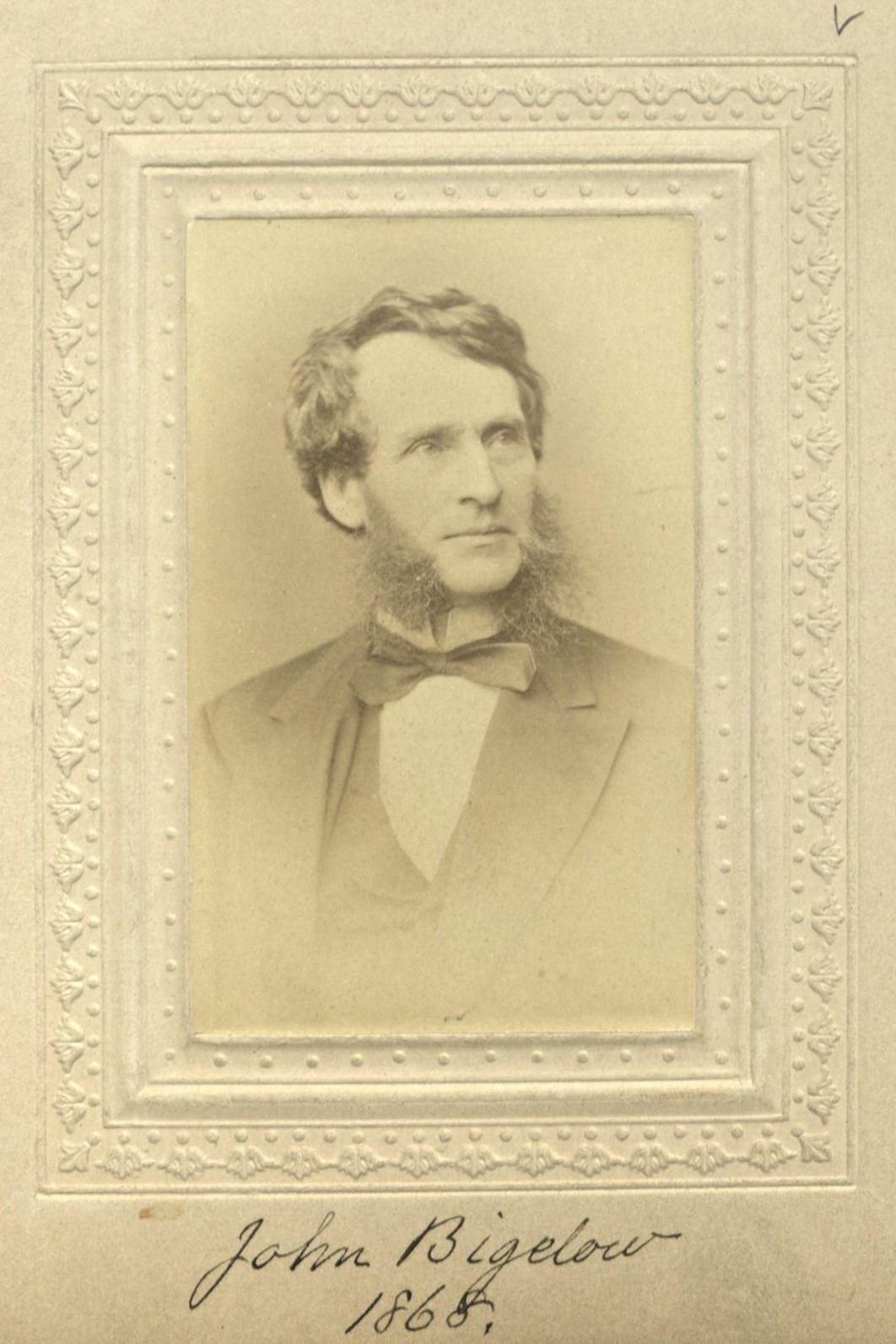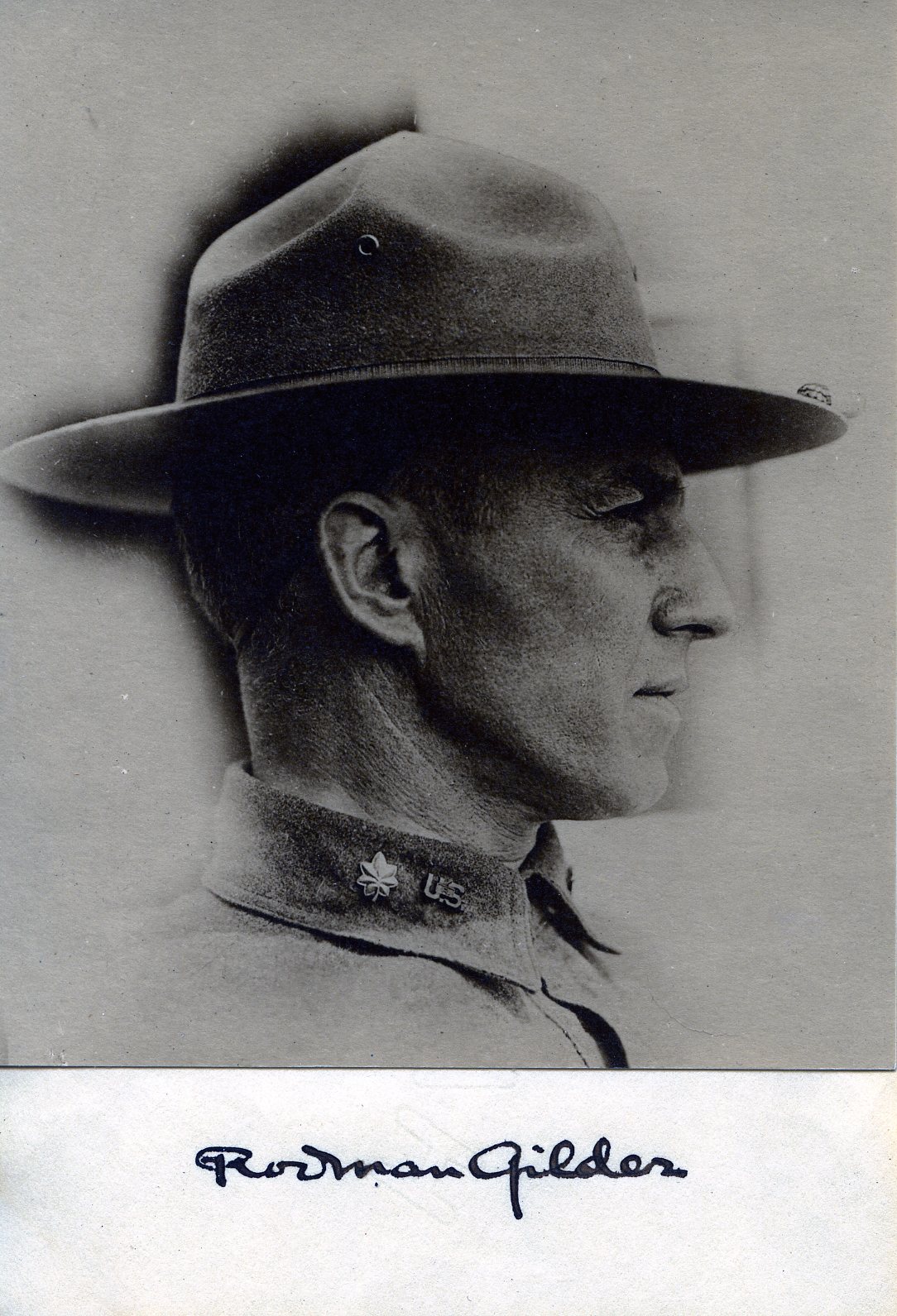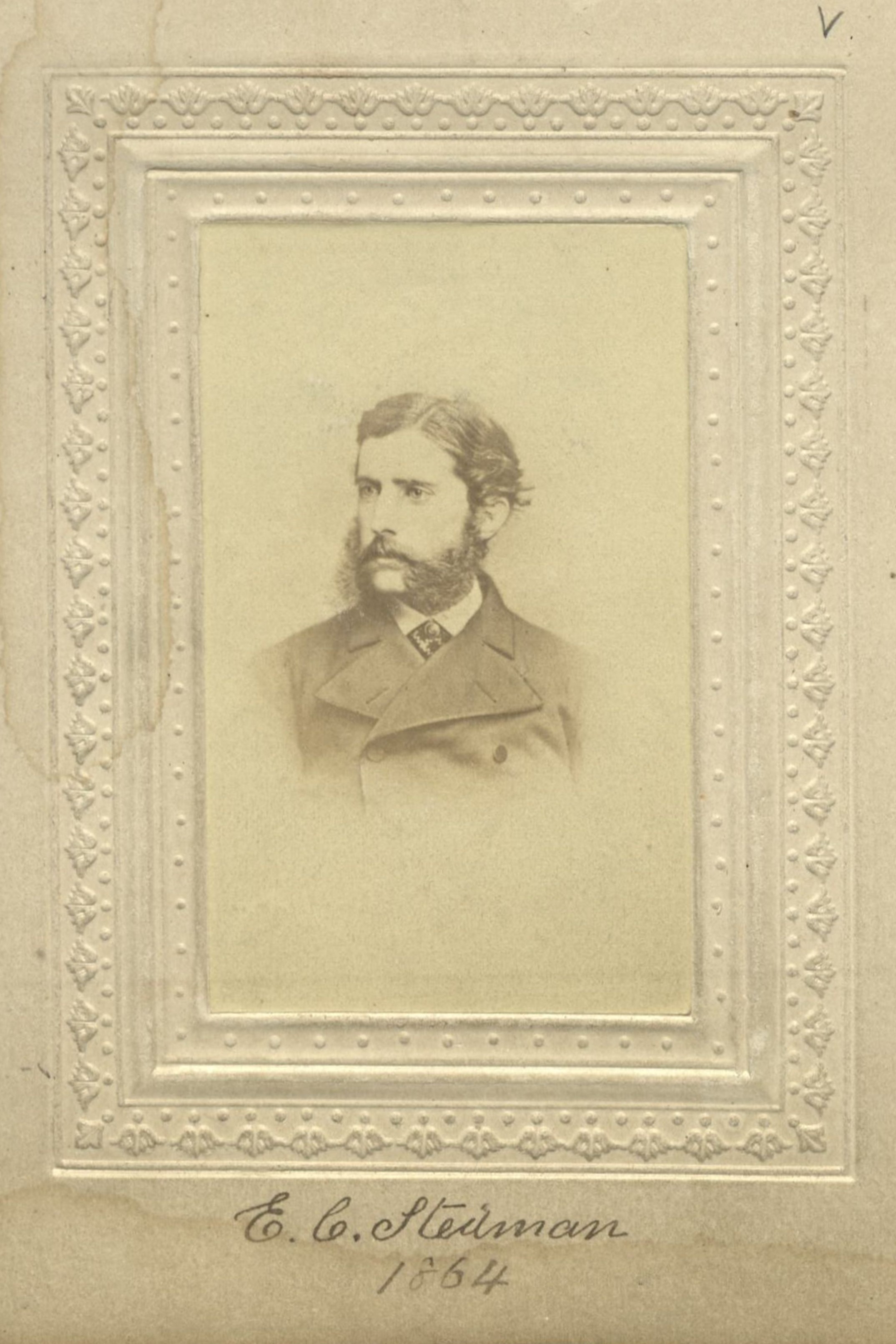Member Directory,
1847 - 1922
Thomas A. Janvier
Author
Centurion, 1892–1913
John Bigelow and Edmund C. Stedman
Philadelphia, Pennsylvania
Philadelphia, Pennsylvania
Age forty-two

Century Memorial
If ever a man went through life with his hand set to the truth that was in him, it was Thomas Allibone Janvier. One phase of this ideal, his love of truth in fact and civic polity, led, years ago, to his resignation from a Philadelphia newspaper. Another phase, the ideal of truthful craftsmanship, kept him tireless in his effort to perfect the form and manner of his compositions, down even to the punctuation; and kept his stories true—true to himself. A third phase carried over into his intercourse with men and women the chivalry of sincerity, of friendship’s honor and devotion.
He was born in Philadelphia in 1849, and from 1870 to 1881 worked for the Press and for the Bulletin and Times of that city. In 1878 he made a congenial marriage. The lady was Catharine Ann Drinker, then a painter, always a student, and to become still better known as an author and translator. In many lands the Janviers were to lead an interesting life; in Colorado and Mexico, in Provence, in England, and for the last thirteen years, to our great satisfaction, mainly in New York. They had rare faculties of friendship, and their friends were delightful people. They won the hearts of the Provençals, and Janvier always prided himself on his honorary membership in the Felibrige, into which he was drawn through his friendship for Mistral and other famous sons of the Midi.
Janvier wrote works of close historical description as well as fiction. He loved the local and the picturesque. In Old New York is full of atmosphere and color; it was also the result of painstaking investigation. Hence this book was accurate as well as charming, like his Mexican Guide, and his Henry Hudson. But, of course, it is in fiction that his genial and whimsical imagination, his sweet and tender mind, his aptitude for the graceful foibles of his fellow-beings, and his literary finish have given us his most fascinating creations. The volumes taking their names from The Uncle of an Angel and The Passing of Thomas were the most popular; perhaps his tender handling of little human destinies touches us most nearly in his Christmas Kalends of Provence. And was he not a good Centurian, serving on the Committee of Admissions and the Board of Management, with instincts ever true? And was he not most individual and delightful, and, may we say it, the handsomest man among us? Even here, we do not think of him so much as generally social, as he was particularly friendly and appreciative. It may be that some of us loved him as we have loved few other men.
Henry Osborn Taylor
1914 Century Association Yearbook




